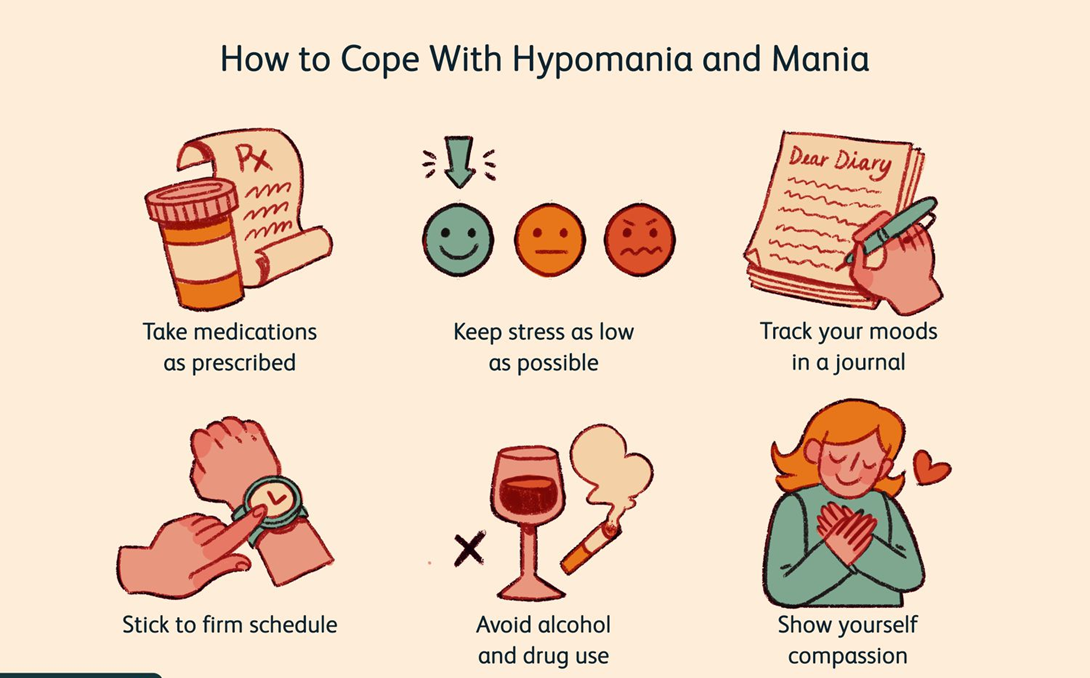Group therapy is strongly encouraged, but not mandatory, in an inpatient psychiatric unit. The unit manager’s policy is that clients can make a choice about whether or not to attend group therapy. Which ethical principle does the unit manager’s policy preserve?
Autonomy
Justice
Beneficence
Veracity
The Correct Answer is A
Choice A Reason:
The statement “Autonomy” is correct. Autonomy is the ethical principle that respects an individual’s right to make their own decisions and act on their own values. By allowing clients to choose whether or not to attend group therapy, the unit manager is preserving the clients’ autonomy. This approach acknowledges the clients’ ability to make informed decisions about their own treatment and respects their personal preferences and values1. Autonomy is a fundamental principle in healthcare, emphasizing the importance of respecting patients’ rights to self-determination.
Choice B Reason:
The statement “Justice” is incorrect. Justice refers to the ethical principle of treating individuals fairly and equitably. While justice is an important consideration in healthcare, the policy of allowing clients to choose whether or not to attend group therapy is more directly related to respecting their autonomy rather than ensuring equitable treatment. Justice would be more relevant in ensuring that all clients have equal access to group therapy sessions and resources.
Choice C Reason:
The statement “Beneficence” is incorrect. Beneficence is the ethical principle that involves acting in the best interest of the client and promoting their well-being. While encouraging group therapy can be seen as an act of beneficence, the specific policy of allowing clients to choose whether or not to attend is more aligned with respecting their autonomy. Beneficence focuses on doing good for the client, whereas autonomy emphasizes the client’s right to make their own choices.
Choice D Reason:
The statement “Veracity” is incorrect. Veracity refers to the ethical principle of truthfulness and honesty in interactions with clients. While veracity is crucial in maintaining trust and transparency in the therapeutic relationship, the policy of allowing clients to choose whether or not to attend group therapy is primarily about respecting their autonomy. Veracity would be more relevant in ensuring that clients are fully informed about the benefits and potential risks of group therapy.
Nursing Test Bank
Naxlex Comprehensive Predictor Exams
Related Questions
Correct Answer is A
Explanation
Choice A Reason:
Lorazepam is a benzodiazepine commonly used to manage acute agitation and anxiety. It works by enhancing the effect of the neurotransmitter GABA, which has a calming effect on the brain. Lorazepam is often administered in emergency situations to quickly reduce agitation and prevent escalation to violence. Its rapid onset of action makes it an ideal choice for managing acute episodes of agitation and potential assault.

Choice B Reason:
Valproic acid is an anticonvulsant and mood stabilizer used primarily for the treatment of epilepsy and bipolar disorder. While it can help manage mood swings and prevent manic episodes, it is not typically used for the immediate management of acute agitation or aggression. Its effects are not rapid enough to address an escalating situation effectively.
Choice C Reason:
Bupropion is an atypical antidepressant used to treat major depressive disorder and to support smoking cessation. It works by inhibiting the reuptake of norepinephrine and dopamine, but it does not have the sedative properties needed to manage acute agitation or aggression. Therefore, it is not suitable for immediate intervention in a potentially violent situation.
Choice D Reason:
Sertraline is a selective serotonin reuptake inhibitor (SSRI) used to treat depression, anxiety disorders, and other mood disorders. While it is effective for long-term management of anxiety and depression, it does not have the rapid calming effects required for managing acute agitation or potential assault. SSRIs generally take several weeks to achieve their full therapeutic effect.
Correct Answer is ["A","B"]
Explanation
The correct answer is a, b.
Choice A Reason:
The statement “Organize clinical observations” is correct. One of the primary functions of the Mental Status Exam (MSE) is to systematically organize clinical observations. This includes assessing the client’s appearance, behavior, mood, and cognitive functions. By organizing these observations, healthcare providers can create a comprehensive picture of the client’s current mental state, which is crucial for diagnosis and treatment planning.
Choice B Reason:
The statement “Obtain information about the client’s medical history” is correct. The MSE often involves gathering detailed information about the client’s medical history, including past mental health issues, treatments, and any relevant medical conditions. This information helps in understanding the client’s baseline mental status and identifying any changes or abnormalities. It also aids in creating an effective treatment plan tailored to the client’s specific needs.
Choice C Reason:
The statement “Establish limit setting” is incorrect. While limit setting is an important aspect of managing certain mental health conditions, it is not a primary function of the MSE. Limit setting typically involves establishing boundaries and rules to manage behaviors, which is more relevant in therapeutic settings rather than during the assessment phase. The MSE focuses on evaluating the client’s current mental state rather than setting behavioral limits.
Choice D Reason:
The statement “Determine the client’s IQ” is incorrect. The MSE is not designed to measure a client’s intelligence quotient (IQ)4. Instead, it assesses cognitive functions such as memory, attention, and orientation. IQ tests are specialized assessments that require specific tools and are conducted separately from the MSE. The MSE provides a general overview of cognitive functioning but does not quantify intelligence.
Whether you are a student looking to ace your exams or a practicing nurse seeking to enhance your expertise , our nursing education contents will empower you with the confidence and competence to make a difference in the lives of patients and become a respected leader in the healthcare field.
Visit Naxlex, invest in your future and unlock endless possibilities with our unparalleled nursing education contents today
Report Wrong Answer on the Current Question
Do you disagree with the answer? If yes, what is your expected answer? Explain.
Kindly be descriptive with the issue you are facing.
